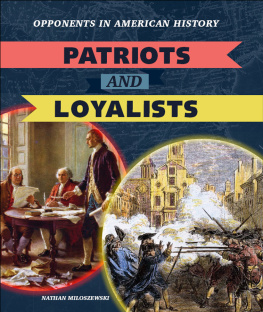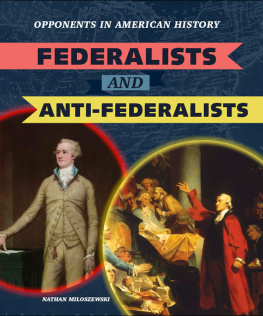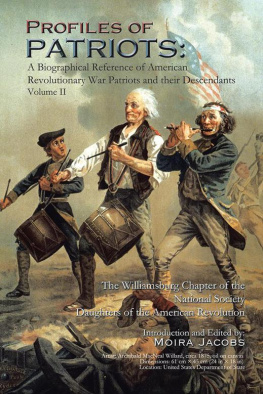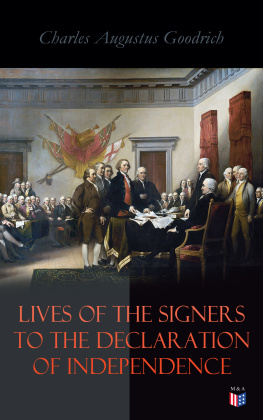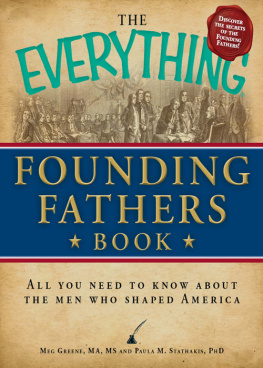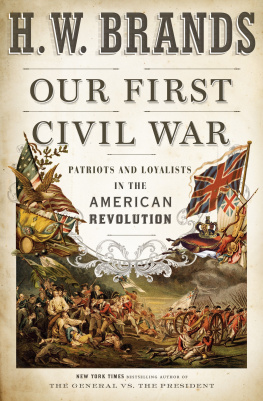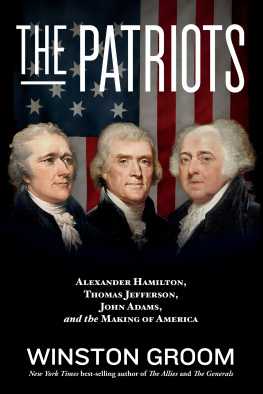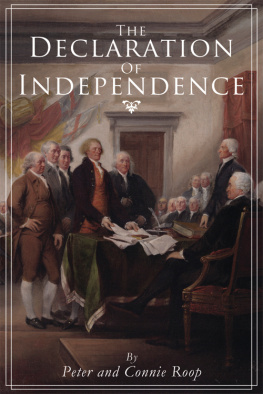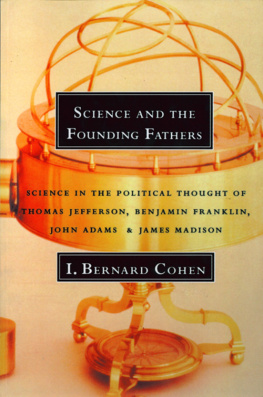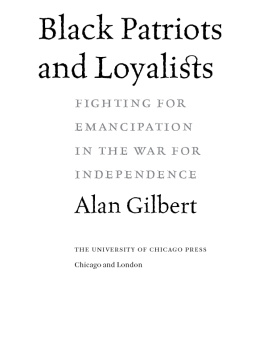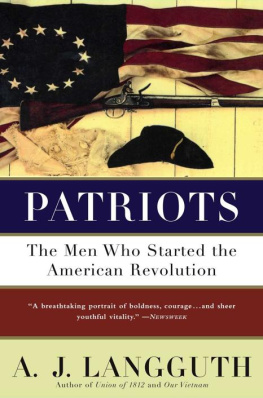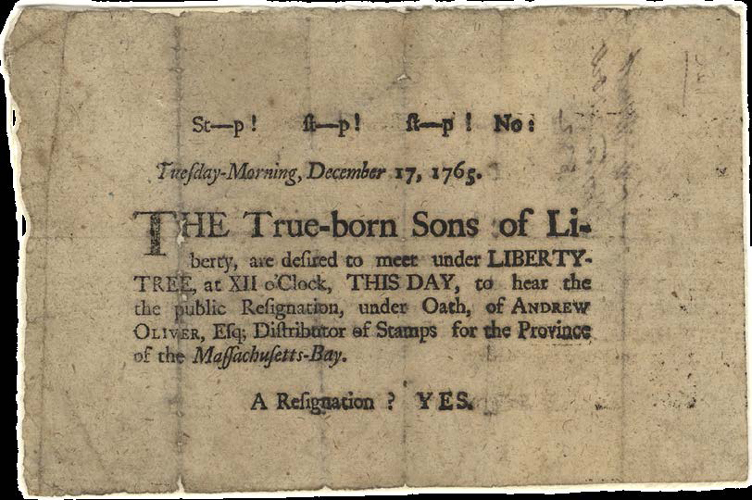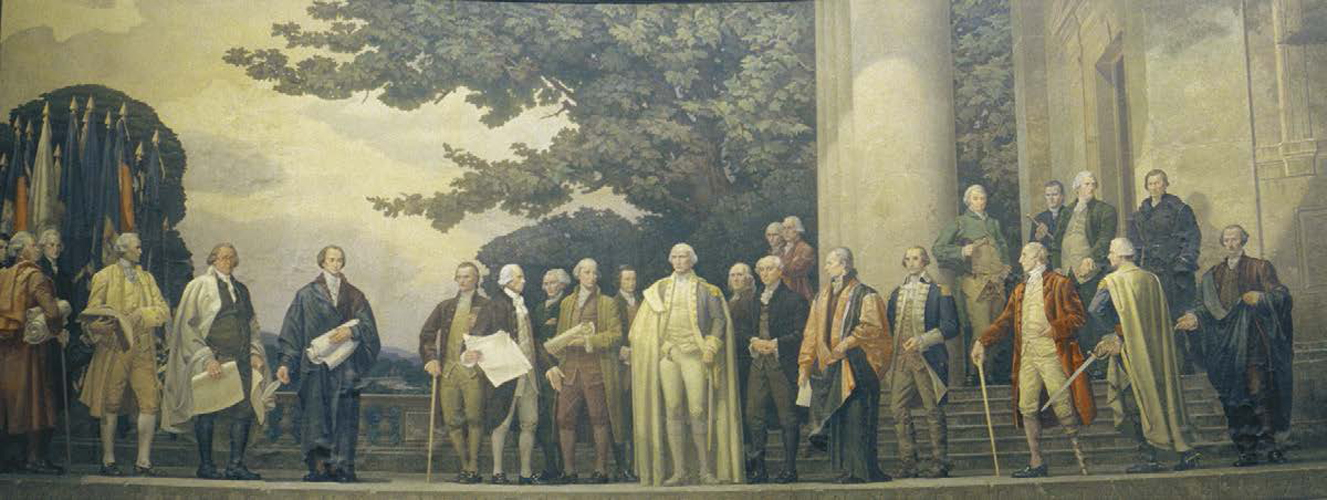Contents
Published in 2020 by The Rosen Publishing Group, Inc. 29 East 21st Street, New York, NY 10010
Copyright 2020 by The Rosen Publishing Group, Inc.
All rights reserved. No part of this book may be reproduced in any form without permission in writing from the publisher, except by a reviewer.
First Edition
Editor: Jane Katirgis
Book Design: Tanya Dellaccio
Photo Credits: Cover (left) Universal History Archive/Universal Images Group/Getty Images; cover (right) Ipsumpix/Corbis Historical/Getty Images; p. 5 (inset) https://upload.wikimedia.org/wikipedia/commons/b/b9/Sons_of_Liberty_Broadside%2C_1765.jpg; p. 5 (main) GraphicaArtis/Archive Photos/ Getty Images; p. 7 dikobraziy/Shutterstock.com; p. 9 (top) Joe Sohm/Visions of America/Universal Images Group/Getty Images; pp. 9 (bottom), 15 (tarring and feathering image) Bettmann/Getty Images; pp. 11, 13 Stock Montage/Archive Photos/Getty Images; p. 15 (Thomas Hutchinson) https://upload.wikimedia.org/wikipedia/commons/0/0f/ThomasHutchinsonByEdwardTruman.jpg; p. 17 (arrest of William Franklin) Print Collector/Hulton Archive/Getty Images; p. 17 (Ben Franklin) https://upload.wikimedia.org/wikipedia/commons/2/25/Benjamin_Franklin_by_Joseph_Duplessis_1778.jpg; p. 19 Barney Burstein/ Corbis Historical/Getty Images; pp. 21, 27 (main) Historical/Corbis Historical/Getty Images; p. 23 (Thomas Paine) Hulton Archive/Getty Images; p. 23 (Common Sense cover) https://upload.wikimedia.org/wikipedia/commons/4/4a/Commonsense.jpg; p. 25 Time Life Pictures/The LIFE Picture Collection/ Getty Images; p. 27 (inset) Courtesy of The New York Public Library; p. 29 https://upload.wikimedia.org/wikipedia/commons/9/94/Harper%27s_New_Monthly_Magazine_Volume_104_December_1901_to_May_1902_%281902%29_%2814596618078%29.jpg; p. 30 https://upload.wikimedia.org/wikipedia/commons/a/a6/Treaty_of_Paris_1783_-_last_page_%28hi-res%29.jpg.
Cataloging-in-Publication Data
Names: Miloszewski, Nathan.
Title: Patriots and Loyalists / Nathan Miloszewski.
Description: New York : PowerKids Press, 2019. | Series: Opponents in American history | Includes glossary and index.
Identifiers: ISBN 9781538345443 (pbk.) | ISBN 9781538343692 (library bound) | ISBN 9781538345450 (6pack)
Subjects: LCSH: RevolutionariesUnited StatesHistory18th centuryJuvenile literature. | American loyalistsUnited StatesHistory18th centuryJuvenile literature. | United StatesHistoryRevolution, 17751783Juvenile literature. | United States--HistoryRevolution, 1775-1783Social aspects Juvenile literature.
Classification: LCC E208.M55 2020 | DDC 973.3dc23
Manufactured in the United States of America
CPSIA Compliance Information: Batch Franklin Gothic",serif">. For Further Information contact Rosen Publishing, New York, New York at 1-800-237-9932
REVOLUTIONARY SPLIT
Before the 13 British colonies in North America became the United States, they were ruled by Great Britain. Eventually, people in North America started to feel they were being taken advantage of by the British government. Some wanted independence and were willing to fight for it. They became known as patriots. The patriots wanted liberty and the freedom to govern themselves.
Not everyone agreed with the American patriots. Some people felt that life was good under British rule, and they remained loyal to King George III. Members of this group became known as Loyalists.
Anger against the British grew so strong that it became unsafe for Loyalists to declare their allegiance in public. In 1776, the 13 colonies declared independence from Great Britain. The American Revolutionary War was about to begin.
TAXATION WITHOUT REPRESENTATION
Taxation without representation summed up part of how the American colonists felt about how they were treated by the British government. The colonies had no'representation in the British Parliament, or lawmaking body, which passed laws they considered unfair. This was a major cause of the American Revolutionary War.
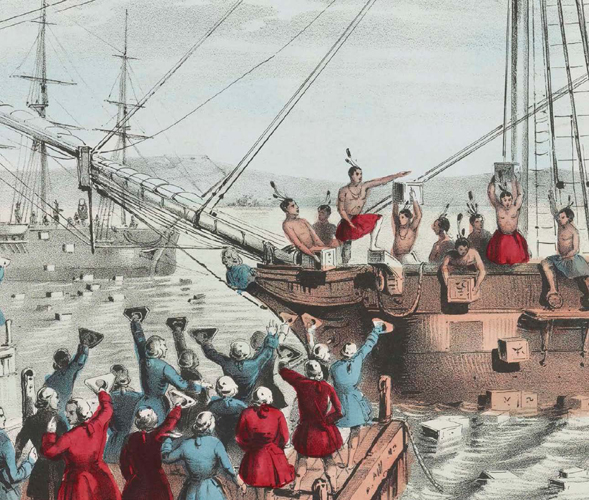
THE SONS OF LIBERTY WAS A GROUP OF AMERICAN PATRIOTS. THEY WERE RESPONSIBLE FOR REBELLIOUS ACTS SUCH AS THE BOSTON TEA PARTY. THIS ANNOUNCEMENT CALLED FOR THEM TO MEET TO HEAR THE PUBLIC RESIGNATION OF AN UNPOPULAR TAX COLLECTOR.
NEGLECT AND THE SEEDS OF INDEPENDENCE
For the American colonies, much of the 1700s was a period of self-rule with little interference from Great Britain. The colonies enjoyed freedom as long as they were loyal to the king, continued to be good trade partners, and made a lot of money for Britain.
This unwritten policy was known as salutary neglect. This means the British government was intentionally not paying much attention to the colonies and not enforcing trade laws and regulations. People in the colonies became used to taking care of themselves without being told what to do by Great Britain. That started to change when Britain wanted more control and needed more money. The government began enforcing laws and demanding new taxes. This angered the colonists, who felt the government didnt have the authority to do that.
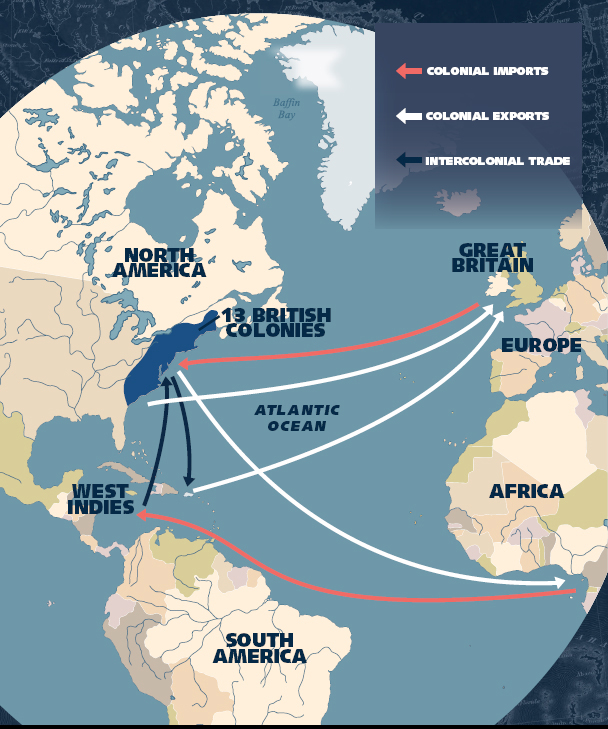
AMERICAN COLONISTS RELIED ON INTERNATIONAL TRADE TO MAKE MONEY AND BUY GOODS THEY NEEDED . AMERICA SOLD RAW MATERIALS AND BOUGHT MANUFACTURED GOODS FROM BRITAIN . BUT THE SYSTEM WAS SET UP SO THAT AMERICANS BOUGHT MORE FROM THE BRITISH THAN THEY SOLD TO THEM, WHICH CREATED AN UNFAIR TRADING RELATIONSHIP .
HEAD TO HEAD
Great Britain passed the Navigation Acts of the 1600s to prevent the colonies from trading with other countries. These laws were meant to control trade and make more money for Britain. However, they greatly angered Americans.
WHO WERE THE PATRIOTS?
Famous patriots included well-known Founding Fathers such as George Washington, Thomas Jefferson, Alexander Hamilton, John Adams, Samuel Adams, and Benjamin Franklin. These men were part of the group that was responsible for creating the Declaration of Independence and the U.S. Constitution.
The patriots also included regular working-class people such as laborers and farmers. Some of these people were inspired to join the Continental army led by General George Washington or to help the cause in other ways.
Washington used a network, or chain, of ordinary citizens across the country to work undercover as spies. These patriots gathered useful information they overheard from the British as they went about their everyday lives, working in shops and taverns or delivering goods. Patriot spies also spread false information about how big Washingtons army was to trick the British into thinking they were fighting a much stronger foe.

